Greek Religion: Archaic and Classical (Ancient World)
£27.60£28.50 (-3%)
“Greek Religion . . . already has the standing of a classic, and the publication of an English version, which incorporates new material and is in effect a second edition, demands a toast . . . Anyone who pretends to survey Greek religion must be phenomenally learned. Burkert is. His book is a marvel of professional scholarship.”
London Review of Books
“This book has established itself as a masterpiece, packed with learning but also rich in ideas and connections of every sort. Its appearance in a good English translation is an event not only for Hellenists but for all those interested in the study of religion . . . nobody else could have produced an account of the subject of comparable range and power. This will be the best history of Greek religion for this generation.”
New York Review of Books
Cover illustration: detail from an Attic vase, 450 B.C., showing a victory sacrifice (The Mansell Collection).
Read more
Additional information
| Publisher | 1st edition (26 Mar. 1987), Wiley-Blackwell |
|---|---|
| Language | English |
| Paperback | 512 pages |
| ISBN-10 | 0631156240 |
| ISBN-13 | 978-0631156246 |
| Dimensions | 15.24 x 3.05 x 22.86 cm |

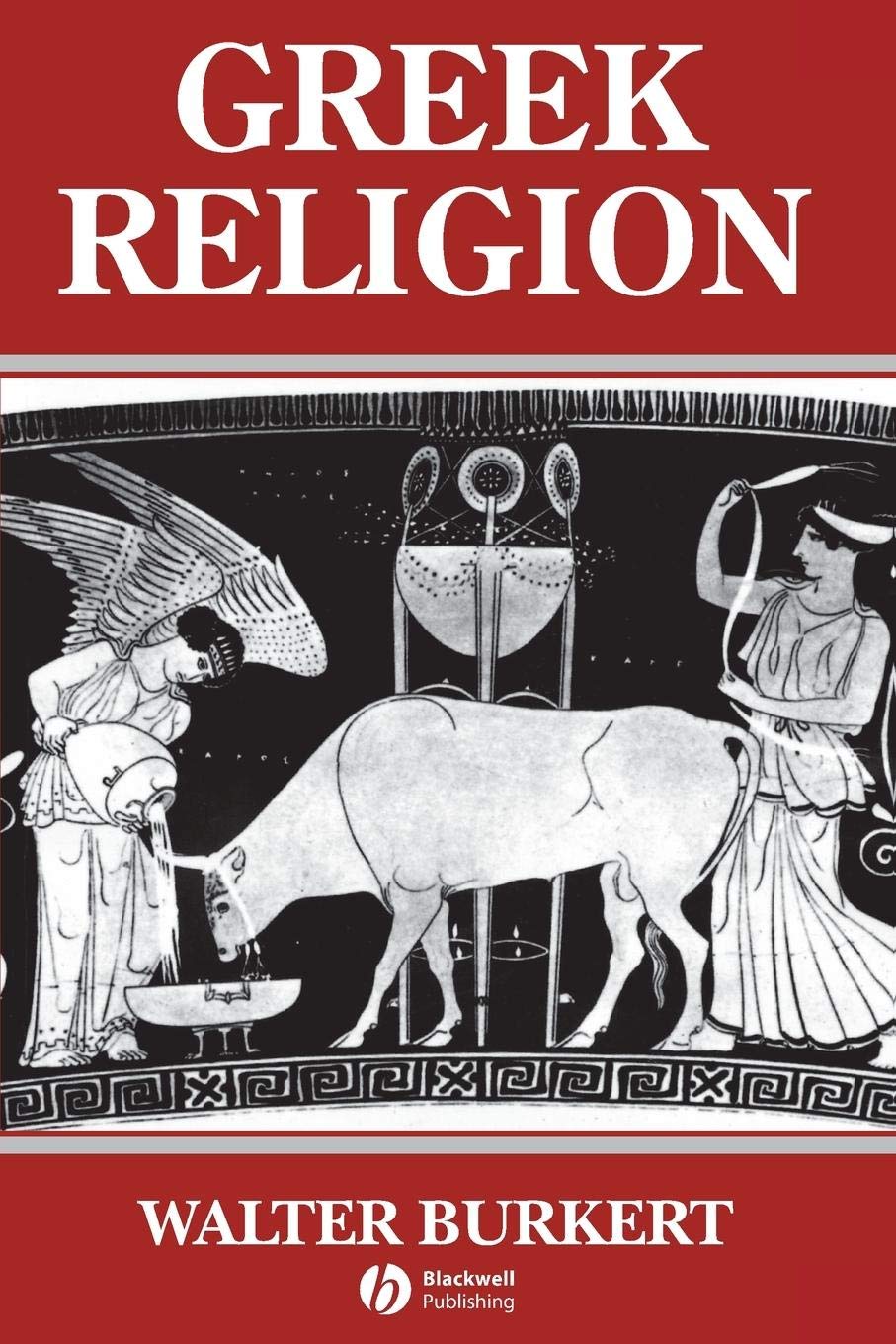

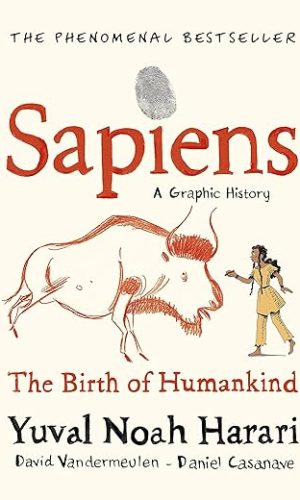
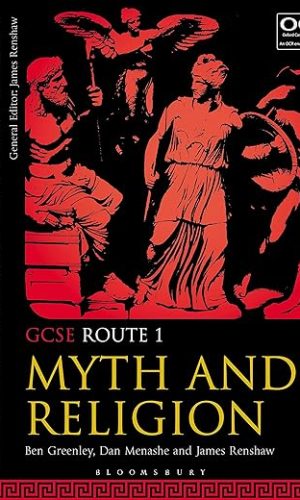


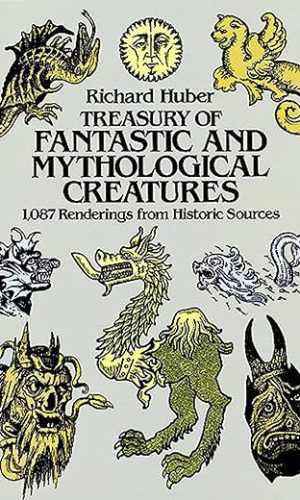
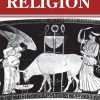
by Luc REYNAERT
The eminent scholar, Walter Burkert, gives a formidable in depth analysis of Greek religion and its function within the polis. For him, religion is a supra-personal system of communication through rituals and myths.
The Greeks had no sacred books, no priest caste and, not a unique jealous god, but polytheism. Their spiritual unity was founded and uphold by poetry.
Rituals, signs, oracles
Rituals are demonstrative acts, whose aim is to secure group solidarity. Religious rituals are signals towards the super-human gods.
The experience of the sacred is portrayed as an intense display of `mysterium tremendum”, by the juxtaposition of threatening (fire, blood, weapons) and alluring (food, sex) things with exhibitions of power and `magic’. It should work as an imprinting force especially for children and adolescents by creating situations of anxiety (abandonment) in order to overcome them by the establishment of solidarity.
During sacrifices everything is a sign (the fire, the animal behavior, its liver …). Success in the interpretation of signs made the fame of oracles, which were places where gods offered a service for those in search of counsel. The fame of the oracle of Delphi sank deeply when it failed to foresee a Greek victory in the Persian Wars.
Myths, (demi-) gods
Myths are complexes of traditional tales about gods and demi-gods (heroes). For the Greeks, the truth of a myth is never guaranteed and doesn’t have to be believed The Greeks didn’t have one of the most important myths of all: the creation of man by the gods. Greek gods don’t give life, but can destroy it.
Poetry gave individual myths a memorable form.
Cults, the worship of (demi-) gods can be derived directly from the influence of epic poetry. Cult statues, temples and altars should be considered as pure propaganda.
A pantheon of anthropomorphic gods was in no way an exception in the Ancient World. However, Greek gods are persons, not abstractions, ideas or concepts. They are `human’ with vital aspects of corporeality (sexuality). The only difference with human beings is death: ultimately, men are always abandoned by the gods. The latter are immortal, thereby guaranteeing continuity.
Practice, cults
In the daily life of the polis, religion is able to achieve moral order and to impose authority. Greek religion is a duty which is manifest in commands and in threats of the severest sanctions. It is a model of `thou shalt not’. The basic code for Greek popular morality is: `honor the gods and honor one’s parents’. Both together guarantee the continuity of the group.
An all important form is the `oath’, which guarantees that a statement is absolutely binding. It governs civil (trade) and penal law and the law of the states.
The living religious practice is concentrated on festival days. Membership of a community is effectively defined by participation in a cult.
One of the most widespread festivals was `the Thesmophoreia’ in honor of the god of agriculture. It was reserved for women only and marked by blood and obscenities.
There were public and secret cults. The latter were only accessible through a secret individual initiation. In nearly all secret cults, the mystes (the initiated) attained a special status with the guarantee of a blessed life in another world (ex. Eleusis).
Philosophy, atheism
With the appearance of philosophy (the most original achievement of the Greeks in shaping the intellectual tradition of mankind) religion becomes a matter of thoughts and theories of individual men, who express themselves in prose (not in poetry!).
Philosophers `discovered’ atheism, one of the most important events in the history of religion!
Walter Burkert analyzes also, among many other issues, Plato’s evolving vision on religion, Minoan deities, cult places, individual gods and sophism.
His fascinating book with is monumental bibliography will mostly appeal to all lovers of Greek culture.
by Maddy
This is a really good book for any one who is studying Greek religion, or any one who wants a better insight.
by Leslie
A very thorough book.
by Mustafa Kulle
I always found the ancient Greeks fascinating since I was kid. I’ve been looking for a book that explains the ancient Greek religions and their beliefs and why. But this book was nothing but disappointment because it does an awful job of explaining anything.
His choice of words are also puzzling:
One example: On page 25, when talking about the cave of Eileithyia at Amnisos, he never uses the name Crete which is the island where it is located. He preferred to use the word Knossos again and again. Why? I don’t know. To sound intellectual I guess.
If you are going to use alternative names to locations, at least provide a Map. There is none in this book. Also, when describing things like sanctuaries and buildings and temples, at least provide diagrams and architechtural plans.
Many Greek enthusiasts will be familiar with the Gods that are associated with animals. For example the Eagle is associated with Zeus, and the Owl associated with Athena. But in this book, when talking about the Gods, Athena in particular, he never mentions the Owl or the symbolism related to her. Why? This was supposed to be a book on the Greek religion and their gods. Symbolism is a key factor in all religions. Once again, the book is full of academic drivel that goes nowhere.
One of the things that annoyed me the most was the Phoenicians were hardly ever mentioned in this book, despite the fact that’s where the Greek language originated from. Without Phoenicians there would be no Greek culture or Greek language. They are not even mentioned in the index. Either the book is unfinished, or the historian chose to pretend they played little to no role in Greek hsitory or didn’t exist at all. Fail.
It might as well be study guide for the Iliad and the Odyssey because he kept referring to that again and again. It’s annoying. You might as well not waste time with this book at all and just stick with those two books instead.
He contradicts himself on several occasions, for example, he says that Zeus, Poseidon and Hades are the three sons of Cronos, but then later mentions another God I forgot the name of. For crying out loud, if you are going to talk about a huge pantheon of Gods, including all their names and their relations with each other, then at least provide a family tree.
But the worst thing about this book is that the historian got some of the most basic things about mythology so wrong. I was shocked. At the bottom of page 125 abut Zeus, it says he is the god associated with “Germanic Tuesday”. That is incorrect. It’s Thursday. Not Tuesday. Thursday is named after Thor, the Norse God of Thunder and Stroms and Zeus is the Greek equivilant. I cannot believe a historian got something so simple so wrong, it made me wonder what else did he get wrong.
There is so much drivel in this book that every few pages can be summed up in a single paragraph.
It feels like such a drag to read. It made an intersting topic boring. I give up half way through.
Awful historian, terrible writing. Overall it is insipid academic drivel.
by Dr. Nicholas Kontos
excellent